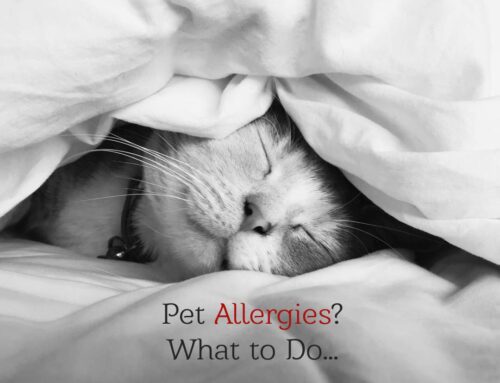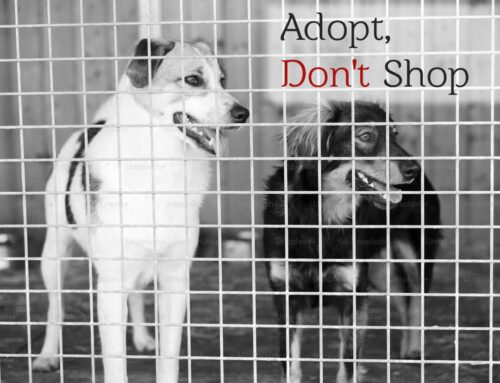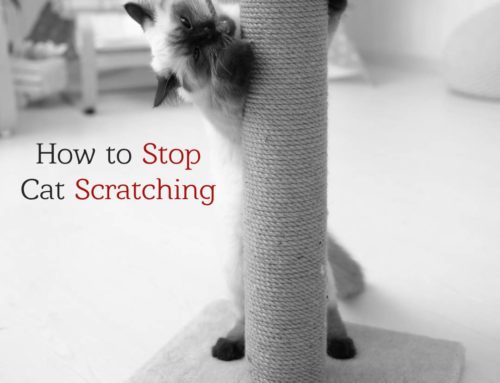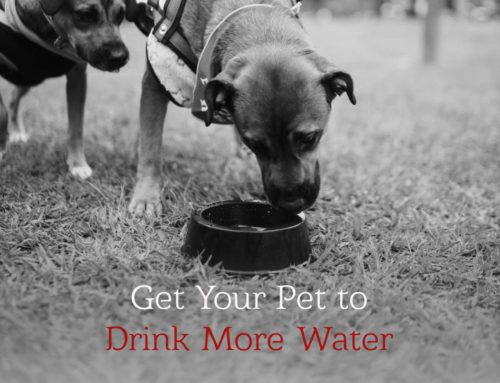There is one undisputed fact when it comes to pets in clothes… it’s unbelievably cute.
We fully acknowledge that universal truth. However, whether they need to wear coats and other clothes is another question entirely. And the answer isn’t the same for all pets.
Read on to find out the answer to that and other pressing pet questions that come up in the winter.
1. Do dogs need coats?
All dog owners who live in cold climates have probably felt worried that their furry friends are too cold during winter walks. But before you go rushing to buy a fancy coat for your pup, make sure they really need one.
In general, large dogs with thick coats don’t need any additional insulation unless they’ll be outside for a prolonged period. And if you’re just running outside for a few minutes, most dogs are ok without a coat. Here are some reasons your dog might benefit from one:
- Certain breed types (toy, miniature and short-haired) don’t generate or retain heat easily, so a bit of insulation helps.
- Breeds whose short stature puts their body very low to the ground (corgis and dachshunds, for example), may need a coat to prevent their bellies from touching snow and ice.
- Long-haired breeds that get clipped short (such as poodles) can do with a little extra protection if their natural protection is decreased.
- Dogs that are naturally lean and short-haired (think whippets and greyhounds) would do well to be protected from harsh cold.
- Senior dogs of all types may prefer to have a bit of extra insulation when it’s especially cold since older dogs can’t regulate their body temperature as well.
2. Do dogs need boots?
When there’s lots of snow, ice and de-icing products on the ground, boots are a good idea for all dogs. This is especially true for long-haired dogs, whose furry paws can easily trap ice and snow. And if you know that your neighborhood sidewalks are full of ice and other products, booties are helpful for protection. Just be sure to spend time finding the right pair that will be comfortable for your dog.
3. Can cats go outside in the winter?
Generally, we recommend that cats stay inside all the time. There’s a lot of risk in the great outdoors including cars, diseases and other animals. If you do choose to let your cat enjoy some outside time, it’s best to do so when the weather is nice and when you can put them on a harness or in an enclosed space they can’t escape.
4. Do cats really hide in car engines?
Yes, unfortunately, they do. Stray or feral cats may seek shelter in car engine bays, especially if they’re still warm from being driven. When you go to drive your car in the winter, be sure to bang on the hood and honk the horn before starting the engine to encourage any kitties to hit the road.
5. Is it OK to keep pets in the car in the winter?
Just as a car can act as a greenhouse in the summer, creating unsafe conditions for pets, a car in the winter can act as a refrigerator. It is unsafe to leave your pet in your car in any weather, but it’s especially dangerous in extreme hot or cold weather.
6. Can pets benefit from humidfiers?
Absolutely! In fact, adding extra moisture to the air during the dry winter months is great for the humans and pets in your house. It can help avoid potential issues like itchy skin, dry throats and respiratory infections.
Have any other winter pet health and safety questions? Share them in a comment on our Facebook page and we’ll be happy to answer! In the meantime, we hope you and your furry friends stay warm and safe all winter long.







